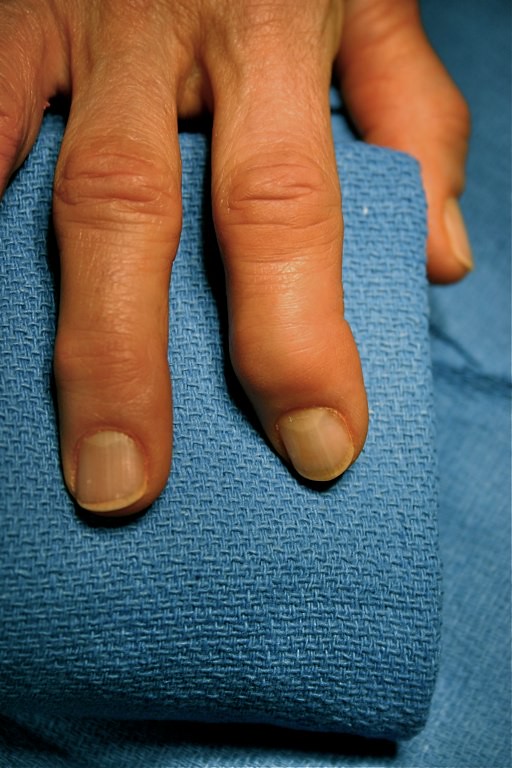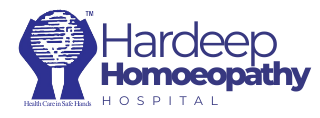
Arthritis is the swelling and tenderness of one or more joints. The main symptoms of arthritis are joint pain and stiffness, which typically worsen with age. The most common types of arthritis are osteoarthritis and rheumatoid arthritis.
Osteoarthritis causes cartilage — (the hard, slippery tissue that covers the ends of
bones where they form a joint )— to break down. Rheumatoid arthritis is a disease In which the immune system attacks the joints, beginning with the lining of joints.
Uric acid crystals, which form when there’s too much uric acid in the blood, can cause gout. Infections or underlying disease, such as psoriasis or lupus, can cause other types of arthritis.
Treatments vary depending on the type of arthritis. The main goals of arthritis treatments are to reduce symptoms and improve quality of life.
Types
- Ankylosing spondylitis
- Gout
- Juvenile idiopathic arthritis
- Osteoarthritis
- Psoriatic arthritis
- Reactive arthritis
- Rheumatoid arthritis
- Septic arthritis
- Thumb arthritis
SYMPTOMS
The most common signs and symptoms of arthritis involve the joints. Depending on the type of arthritis, signs and symptoms may include:
- Pain
- Stiffness
- Swelling
- Redness
- Decreased range of motion
CAUSES
The two main types of arthritis — osteoarthritis and rheumatoid arthritis — damage joints in different ways.
Osteoarthritis
The most common type of arthritis, osteoarthritis involves wear-and-tear damage to a joint’s cartilage — the hard, slick coating on the ends of bones where they form a joint. Cartilage cushions the ends of the bones and allows nearly frictionless joint motion, but enough damage can result in bone grinding directly on bone, which causes pain and
restricted movement. This wear and tear can occur over many years, or it can be hastened by a joint injury or infection. Osteoarthritis also causes changes in the bones and
deterioration of the connective tissues that attach muscle to bone and hold the joint together. If cartilage in a joint is severely damaged, the joint lining may become inflamed and swollen.
RHEUMATOID ARTHRITIS
In rheumatoid arthritis, the body’s immune system attacks the lining of the joint capsule, a tough membrane that encloses all the joint parts. This lining (synovial membrane) becomes inflamed and swollen. The disease process can eventually destroy cartilage and bone within the joint.
RISK FACTORS
Risk factors for arthritis include:
Family history. Some types of arthritis run in families, so you may be more likely to develop arthritis if your parents or siblings have the disorder.
Age. The risk of many types of arthritis — including osteoarthritis, rheumatoid arthritis and gout — increases with age.
Sex. Women are more likely than men to develop rheumatoid arthritis, while most of the people who have gout, another type of arthritis, are men.
Previous joint injury. People who have injured a joint, perhaps while playing a sport, are more likely to eventually develop arthritis in that joint.
Obesity. Carrying excess pounds puts stress on joints, particularly knees, hips and spine. People with obesity have a higher risk of developing arthritis.
COMPLICATIONS
Severe arthritis, particularly if it affects hands or arms, can make it difficult for doing daily tasks. Arthritis of weight-bearing joints can keep patients from walking comfortably or sitting up straight. In some cases, joints may gradually lose their alignment and shape.
Other forms of arthritis or related disorders include:
Gout. This condition causes uric acid crystals to build up in small joints, such as the big toe. It causes pain and inflammation.
Lupus. This is a chronic autoimmune disorder. It causes periods of inflammation and damage in joints, tendons, and organs.
Scleroderma. This autoimmune disease causes thickening and hardening of the skin and other connective tissue in the body.
Ankylosing spondylitis. This disease causes the bones of the spine to grow together. It can also cause inflammation in other parts of the body. It can affect the shoulders, hips, ribs, and the small joints of the hands and feet.
Juvenile idiopathic arthritis (JIA) or juvenile rheumatoid arthritis (JRA). This is a form of arthritis in children that causes inflammation and joint stiffness. Children often outgrow JRA. But it can affect bone development in a growing child.
Autoimmune arthritis happens when your body’s immune system attacks healthy cells in your body by mistake. Rheumatoid arthritis is the most common form of this kind of
arthritis.
Infectious arthritis is an infection that has spread from another part of the body to the joint.
Psoriatic arthritis affects people with psoriasis.
Gout is a painful type of arthritis that happens when too much uric acid builds up in the body. It often starts in the big toe.
Markers of ankylosing spondylitis.
Skin biopsy. Tiny tissue samples are removed and checked under a microscope. This test helps to diagnose a type of arthritis that involves the skin, such as lupus or psoriatic
arthritis.
Muscle biopsy. Tiny tissue samples are removed and checked under a microscope. This test helps to diagnose conditions that affect muscles.
- ray
MRI
Blood tests for
- Complete blood count
- RHEUMATOID factor
- Uric acid
- C- reactive protein
How is arthritis treated?
Treatment depends on symptoms, age, and general health. It also depends on what type of arthritis is , and how severe the condition is. A treatment plan is tailored to each person with his or her health care provider.
HOMOEOPATHIC TREATMENT
There are so many homoeopathic medicines for arthritis, which are effective. Every individual has different set of symptoms, so every patient requires different medicine, though suffering from same set of symptoms. IN HARDEEP HOMOEOPATHIC HOSPITAL, you will be given medicine according to your individual set of symptoms. Some of
medicines are: Bryonia alba Colchicum
Calcarea carb Ledum pal Natrum sulph Rhus tox
Urtica urens Hypericum Acid Benz Gaultheria
Arnica Montana
About
Welcome to Hardeep Homeopathy Hospital, where we blend traditional wisdom with modern practices to offer compassionate and effective homeopathic treatment.
Explore
Treatments
Contact Us
- Near Valmiki Murti, G.T. Road, Putlighar, Amritsar
- 9814156294
- info@hardeephomeopathyhospital.com

© 2024 | Hardeep Homeopathy Hospital. All Right Reserved
